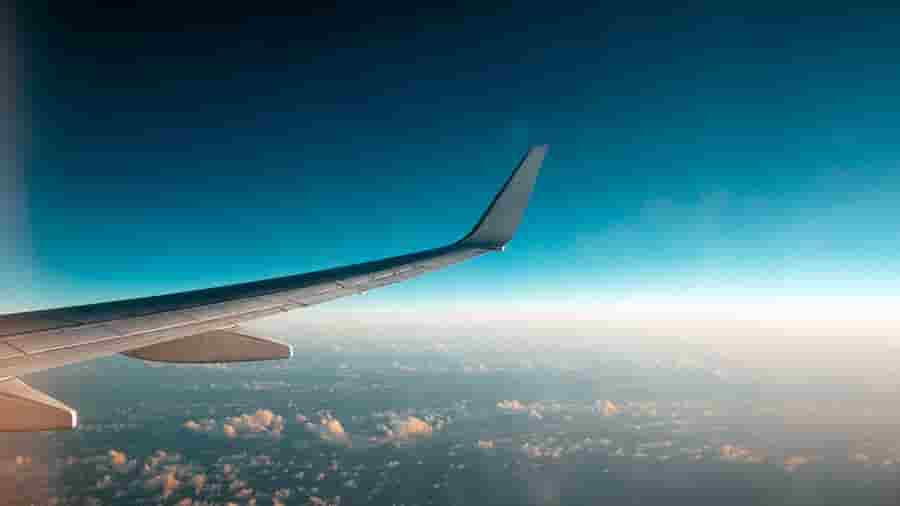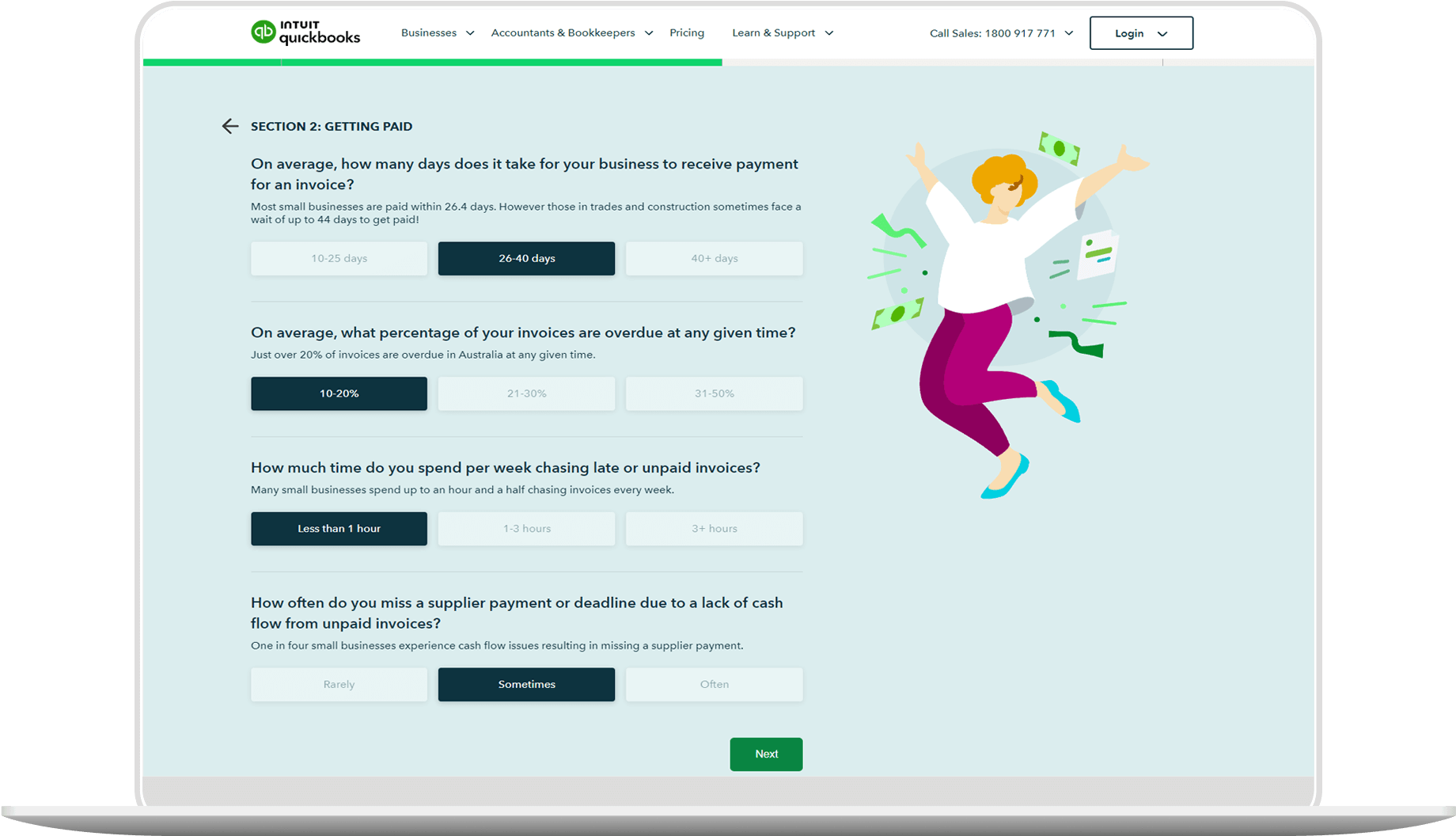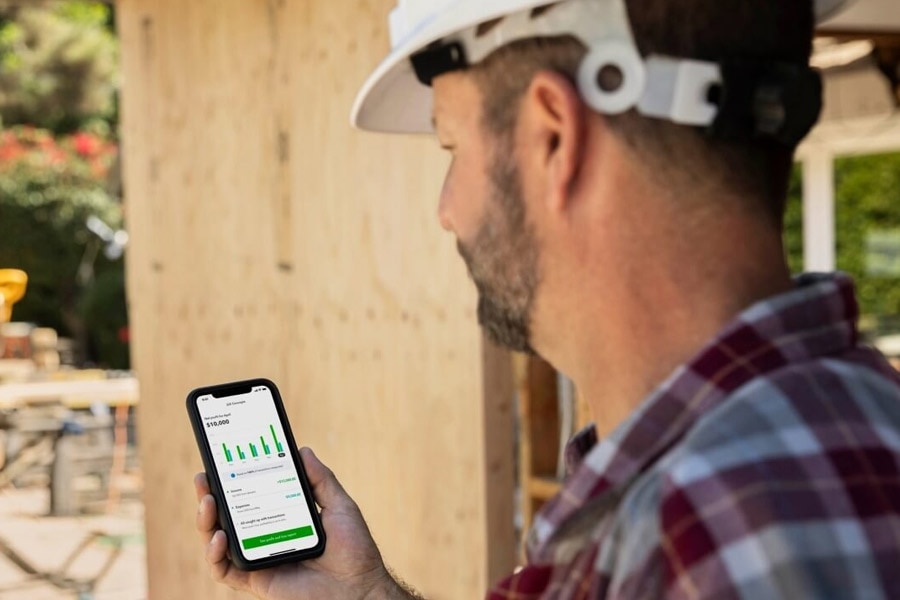ATO-compliant Work-Related Travel Expenses and Deductions
If you are required to travel as part of your job, you’re likely to incur various costs. Whether you make a short trip to attend a meeting in your city or take an overseas trip for an extended period, understand that travel expenses may be deducted.
As mentioned at the start of the article, good recordkeeping must be maintained so that claims in tax returns are well-substantiated. This avoids errors, unnecessary duplication, incorrect calculations, and penalties for failure to comply.
Defining work-related travel expenses
Work-related travel expenses are expenses incurred while travelling for work and include accommodation and meal costs. These costs may be claimed on your tax return.
Using your car for work
If your job requires you to use a car, you are entitled to deduct the motoring costs you incur while completing your job. However, this is not a blanket allowance for all sorts of motoring costs.
There are deductions that can be made for a car you own or lease, as well as deductions for other expenses such as a vehicle that is not a car or one that does not belong to you.
There are limited circumstances that may allow you to claim for using your car for work-related purposes. However, you may not be able to claim the commute from your home to the workplace. Examples of what you can claim include:
- A commute for travel between two worksites throughout the day
- Travel expenses as you move from one job to a second job provided you do not return home in between
- Travel to a work-related course or meeting
Calculating work-related travel expenses
There are three methods for calculating work-related tax deductions:
- Cents per kilometre method: For FY24/25, you may be able to claim up to 5,000 km at a flat rate of 88 cents per km. This equates to $4,400. You must keep a travel log to determine how far you travel for work purposes.
- Logbook method: You maintain a travel logbook to record your running expenses and related details, including mileage, fuel, servicing, repairs, insurance, and depreciation.
- Actual costs method: You claim expenses based on actual receipts
Or you could save the hassle by simply using a reputable tax software that provides mileage auto-tracking and a simple snap-and-store feature for all receipts.
If you select the logbook method, remember to record work-related trips for a minimum continuous period of 12 weeks. Odometer readings should be included as these determine the proportion of time you use the vehicle for work purposes.
Remember to also store all receipts and invoices and note the spending on your vehicle so that you claim the correct percentage of vehicle-related expenses.
It’s important to note that travel to and from work is considered a private expenditure unless your employer requires you to transport bulky equipment and vehicles. That being said, the ATO pays close attention to these types of claims and may disallow them.
Other work-related transport expenses
Here are several other types of expenses that may also be claimed for work-related travel:
- Use of a heavy vehicle or ute (utility vehicle) with a carrying capacity of over 1 tonne
- A van with a carrying capacity of 9 or more passengers
- Fees incurred for hiring or renting a car
- Costs incurred while driving another individual’s vehicle for work purposes, such as fuel expenses
- Public transportation costs such as airfares, bus fares, train or tram tickets, ferry or taxi fares as well as ride-share or ride-sourcing fares
- Expenses associated with work-related transport such as bridge or tunnel tolls, road tolls, and car parking fees
It’s important to note that fines you incur for any motoring offence are not claimable expenses.
Overnight meals and accommodation
If you travel away from home for work, you may claim accommodation, meals and entertainment expenses. However, you may not claim a meal allowance if your employer reimburses you or provides you with a full allowance for these expenses.
Sometimes, businesses provide an allowance so the employee need not cover these costs. However, these allowances may be taxed in which case a deduction may be possible for costs incurred.
The ATO provides a detailed list of what is viewed as a reasonable spend on accommodation, meals, and incidental expenses.
You won't need to produce detailed records with receipts or invoices if you claim below the specified ATO allowance. However, if you exceed the specified reasonable amounts, or if you don't receive an allowance, then you must keep detailed records to show that your spending wasn't extravagant.
The ATO has established a reasonable amount in order to highlight when detailed records must be kept. Some people may assume that they can claim this maximum amount, but this is not recommended. Ensure that you only ever claim the amount that you have spent.
Even if you claim below the reasonable amount, you must be able to prove the expenses you incurred. A bank or credit card statement is sufficient proof that helps support your claim that you were in the particular area at the time you claimed.
Provided your travel includes an overnight stay, you may be able to claim business meals, food and beverages. While you can claim travel expenses if you typically work from home and need to travel to an office, you may not be able to claim meals when working from home.
What may not be claimed
Here are several examples of expenses that may not be claimed:
- Travel between your home and your regular place of work or vice versa
- Travel for personal reasons, like running errands on the way to or from work
- Travel for overtime or out-of-hours work
- Travel from your home (which is also your place of work for one job) to another location where you work for someone else
Other circumstances that allow travel deduction claims
You may be able to claim certain tax deductions on your income tax return for work-related travel expenses if you attend a work conference or course. If the event occurs locally, you may be able to claim transport or mileage, and if the event is held interstate or overseas, you may be able to claim accommodation, airfares and meals.
In all cases, we strongly recommend speaking with a tax agent to ensure you apply the correct deductions and make all the allowable claims appropriate to your circumstances. For everything you need to know about tax deductions, QuickBooks’ Guide to Tax Deductions in Australia offers a great starting point.




















